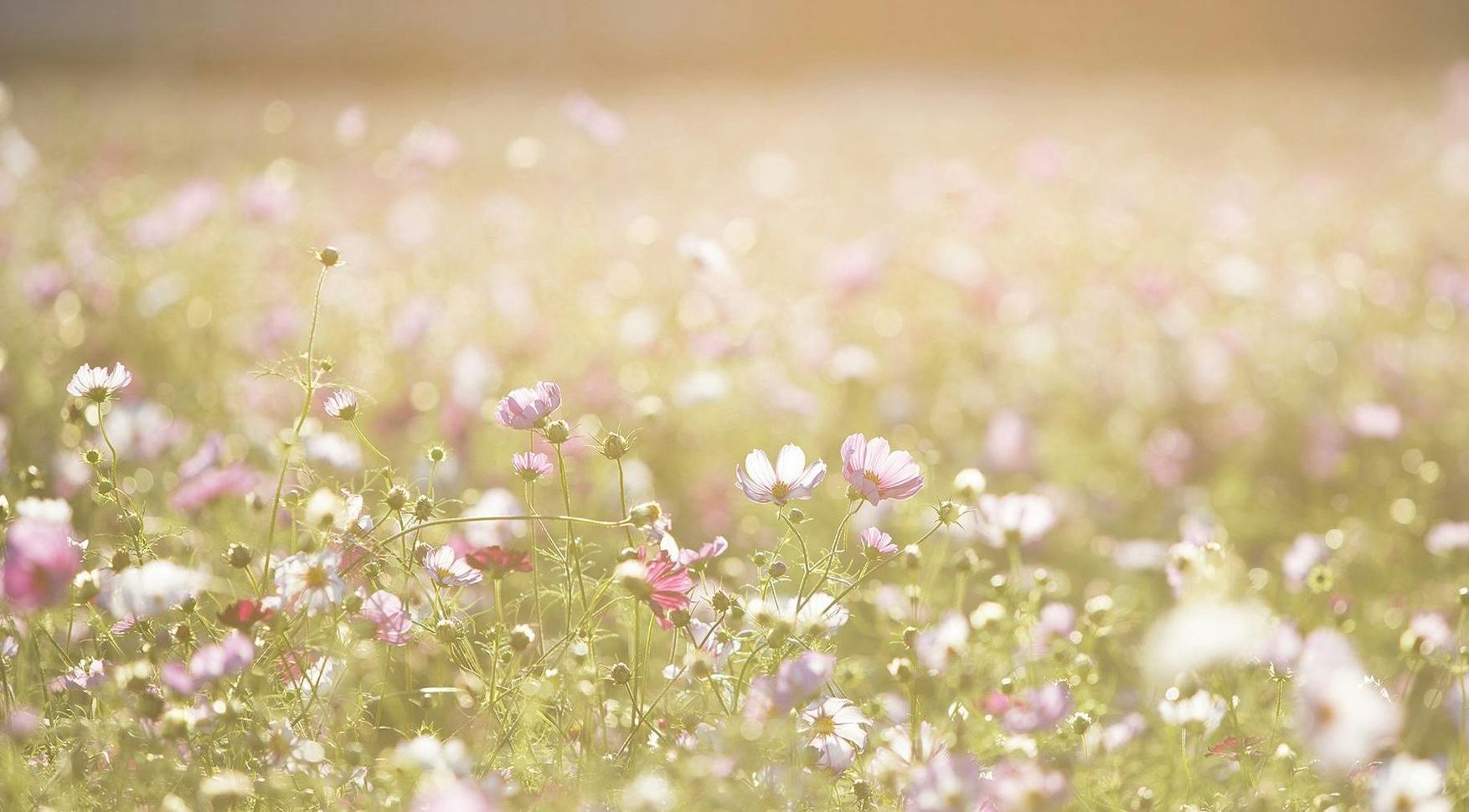Don't Let Seasonal Sneezing Drown Out Your Fun
5 Steps You Can Take to Reduce the Impact of Seasonal Allergies

For everything there is a season, including allergies! They may be impossible to stop, but there are some steps you can take to minimize the impact to those who suffer.
You Are Not Alone
According to the Centers for Disease Control and Prevention (CDC), more than 25% of adults — and nearly 20% of children — have a seasonal allergy that is often triggered by pollen.
Hay Fever Without the Hay
Pollen — or pollen grains — are tiny seeds dispersed into the air from hay and many other flowers, trees, grasses and weeds. Some plants release pollen year-round, but the amount of pollen in the air is generally higher during warmer seasons.
When the Nose Knows What the Eyes See
Two common seasonal allergies are allergic rhinitis and allergic conjunctivitis, both occurring when you're exposed to pollen or other allergens.
Allergic rhinitis, a.k.a.
hay fever, is when your immune system releases chemicals that cause symptoms such as sneezing, a runny nose, and congestion.
Allergic conjunctivitis is inflammation of the lining of the eye, and shows up as red, watery, or itchy eyes. Found in up to 30% of the general population, this allergy also affects as many as 7 out of 10 of hay fever sufferers, creating a double whammy of symptoms.
Of special note for people with asthma or other respiratory illnesses: Pollen can trigger an asthma attack, so it’s wise to pay attention to high pollen days and alter outdoor habits, as much as possible.
When to See Your Doctor
When your body tells you something’s amiss, it’s best to see your primary care doctor before self-diagnosing and treating the symptoms. If the trouble stems from an allergy, further care from a specialist, or allergist, may be needed.
Good Habits During Pollen Season
To minimize unnecessary pollen exposure, consider the following tips:
1. Avoid spending extra time outdoors
2. When you are outside, don’t touch your eyes before washing your hands
3. Once you come back inside —
• Leave your shoes at the door
• Shower and wash your hair to remove pollen
• Change your clothes and launder them before wearing again
4. Keep windows closed, and vacuum and dust to trap pollen that may have been tracked into your home
5. Use high-efficiency filters in your home’s heating, ventilation, and air conditioning (HVAC) system — as long as your HVAC system warranty allows, and change your filters frequently.
Tame Your Seasonal Allergies
With help from your healthcare provider and a bit of extra attention to reducing exposure to pollen, you can still enjoy the beauty of the changing seasons. Call us today to schedule an appointment with an Internal or Family Care Provider: (337) 828-5099.



